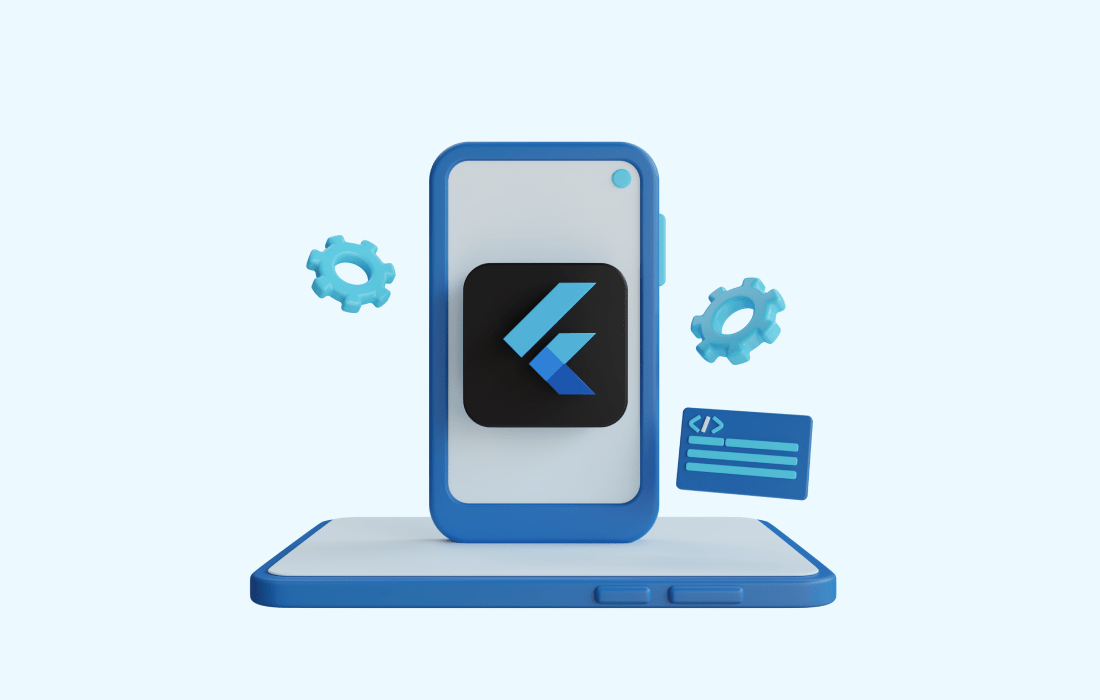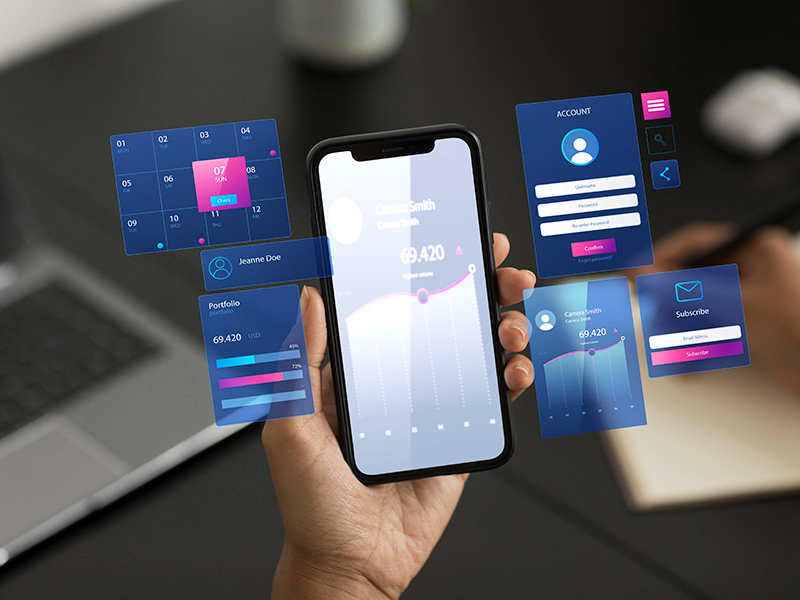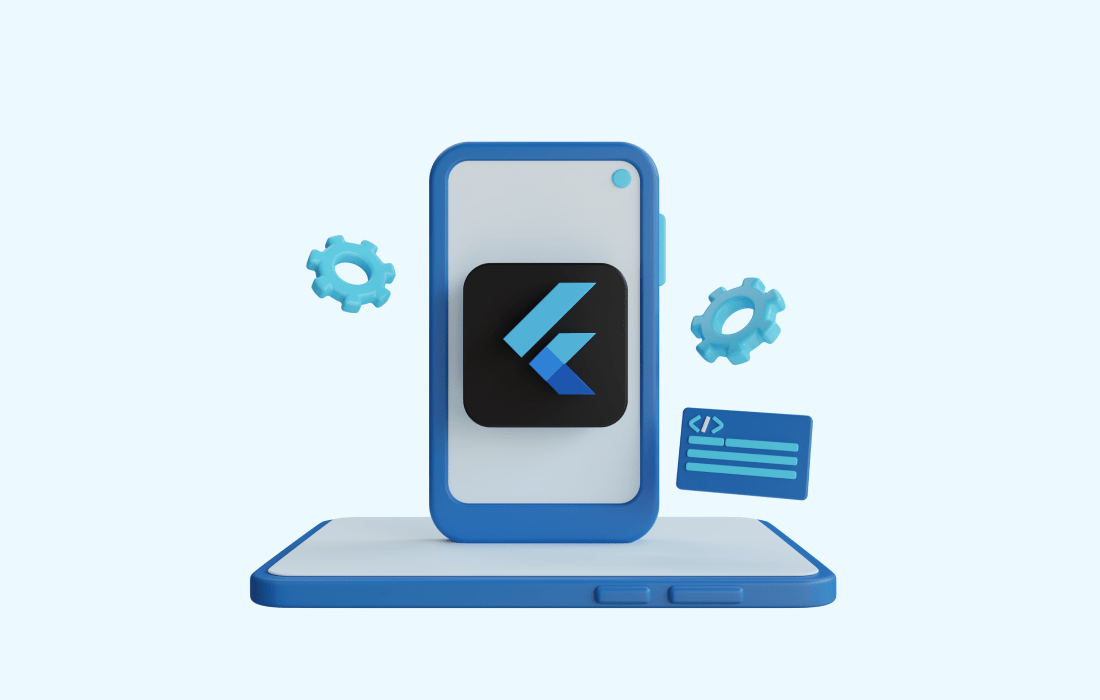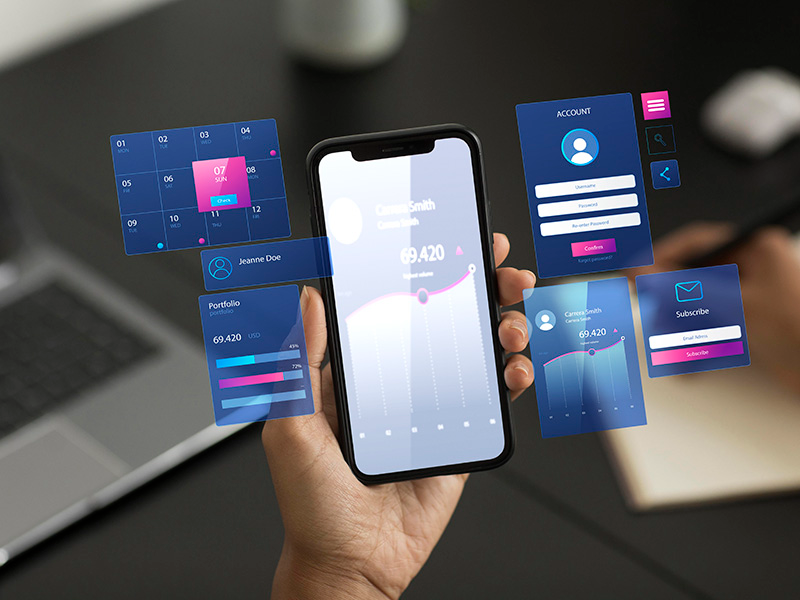How to Secure Your Flutter App from Cyber Threats

Strong 8k brings an ultra-HD IPTV experience to your living room and your pocket.
Introduction
Cyber threats are a growing concern in mobile app development, making security a top priority for developers and businesses alike. With the rise of Flutter Mobile Apps, ensuring data protection and preventing security breaches have become crucial. A well-secured Flutter app not only protects user information but also enhances trust and credibility. In this guide, we'll explore the best practices to secure your Flutter app from cyber threats.
1. Implement Secure Authentication & Authorization
A robust authentication mechanism is the first step in securing a Flutter app. Using OAuth 2.0, Firebase Authentication, or biometric authentication enhances security. Multi-factor authentication (MFA) adds an extra layer of protection against unauthorized access.
Best Practices
Use strong password policies and encryption
Implement biometric authentication (Face ID, fingerprint)
Ensure proper session management to prevent unauthorized access
2. Secure API Communication
APIs are a critical part of mobile applications, making them a prime target for cyberattacks. Secure API communication is essential to prevent data leaks and attacks like Man-in-the-Middle (MitM).
Best Practices
Use HTTPS (TLS 1.2/1.3) to encrypt data transmission
Implement API authentication via tokens (JWT, OAuth)
Validate and sanitize API inputs to prevent injection attacks
3. Data Encryption & Secure Storage
Protecting user data both in transit and at rest is crucial. Encryption ensures that even if data is intercepted, it remains unreadable to attackers.
Best Practices
Use Flutter’s secure storage packages (flutter_secure_storage)
Encrypt sensitive data using AES-256 encryption
Avoid storing sensitive information in SharedPreferences or local storage
4. Secure Code Practices
Writing secure code helps mitigate vulnerabilities that cybercriminals can exploit. Secure coding practices prevent common threats like SQL injection, code tampering, and reverse engineering.
Best Practices
Minify and obfuscate your code to make it difficult to reverse engineer
Avoid hardcoding API keys and secrets in the codebase
Regularly update dependencies to fix security vulnerabilities
5. Implement Real-Time Security Monitoring
Proactive security monitoring helps identify and mitigate threats before they cause damage. Regular security audits and penetration testing enhance app security.
Best Practices
Use Firebase App Check to prevent unauthorized API calls
Enable logging and monitoring with tools like Sentry for Flutter
Conduct security audits and penetration tests periodically
6. Secure Third-Party Libraries & Dependencies
Using outdated or vulnerable third-party libraries can compromise app security. Always ensure dependencies are up-to-date and free from vulnerabilities.
Best Practices
Use trusted sources for libraries (pub.dev, GitHub verified repositories)
Regularly update third-party dependencies to patch security flaws
Scan dependencies for vulnerabilities using tools like Dependabot
7. Protection Against Reverse Engineering
Reverse engineering is a common tactic used by attackers to extract sensitive information from apps. Obfuscation and code protection techniques help prevent this.
Best Practices
Enable ProGuard and R8 for code obfuscation
Use native security features for additional protection
Avoid exposing sensitive logic in the client-side code
Conclusion
Securing your Flutter app from cyber threats requires a proactive approach, implementing strong authentication, encrypting sensitive data, and following secure coding practices. Whether you're developing a startup application or an enterprise solution, ensuring robust security is non-negotiable. While Flutter Mobile Apps offer flexibility and efficiency, security remains a shared responsibility between developers and businesses. If you're also considering React Native Mobile App Framework for development, ensure similar security best practices are followed to protect your application.
By prioritizing security, you can build a reliable, safe, and user-friendly app that protects user data and ensures long-term success.
Note: IndiBlogHub features both user-submitted and editorial content. We do not verify third-party contributions. Read our Disclaimer and Privacy Policyfor details.







